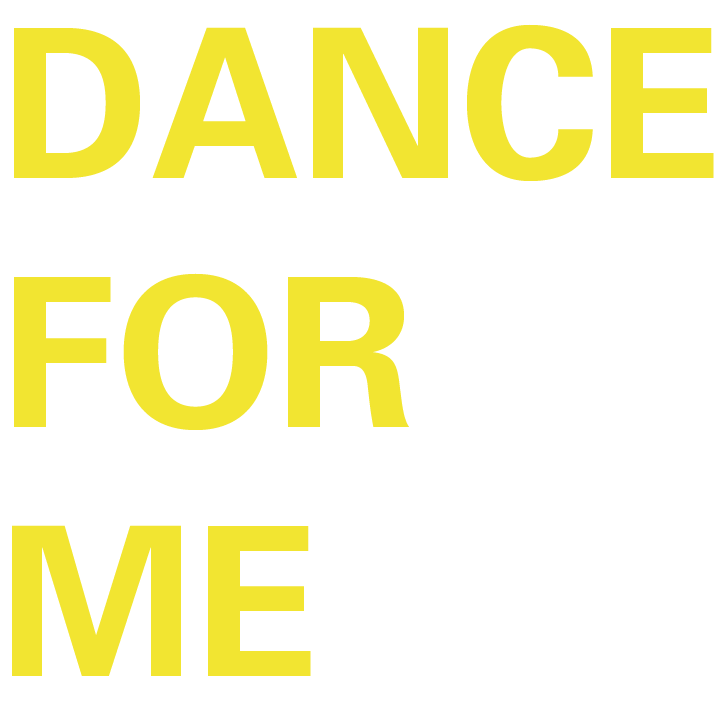The work of Brogan and Pétur is always highly personal, disarmingly simple and honest. With the persona of Brogan on stage often at the heart of it, they are searching for moments between Brogan’s persona and the audience where we feel she could be both our best friend and simultaneously an awkward stranger invited over for dinner. We’re caught between these two versions of the same person. On the one hand – with all her frankness, humour and self-deprecation – she’s charming, laugh-aloud funny and extraordinarily comfortable to be around. But equally she’s overkill. Her anxiety spilling into stories of jaw-clenched spasms and hallucinogenic exchanges with aggressive giants, while she collapses onto the floor in hypochondriactic despair, before rallying herself for one last number. She is both the reason and the ruin of the party.
In the middle of all that there lives the audience, who become both hosted by and the hosts of Brogan’s persona. This is most explicit in the Brogan Davison Show, where Brogan is literally welcomed into people’s homes, but it is more or less present in all of Brogan’s and Pétur’s works. There is a complication of the typical artist-audience relation. Where typically audiences go to be hosted by the art work, here while we are still hosted, we also become caretakers for the fragility of Brogan’s persona (as well as the fragility of others in the work). In the Brogan Davison Show, Brogan cues us to laugh more, she gets us to speak for her when she cannot find the strength to do it herself, we literally turn our living rooms into a theatre space for her to bare herself to us. We do it because she asks us to, but also, perhaps because of what she offers in return. She brings a brave commitment to speak fearlessly about herself, her family and her childhood; romanticising a childhood of joy, laughter and naivety, as well as confessing tales of racist grandparents and creepy uncles. As we host this space for her, she hosts a place for us where we are invited to give attention to our own forms of fragility, shame and confusion. She bares her weakness so we can bare ours.
This dynamics takes place as an exchange of emotional labour between audience and performer, but also between the performers themselves. In the Brogan Davison Show, there is a host that should serve as the Master of Ceremony. Perhaps it’s just a coincidence that when it was presented in my home, it was my girlfriend (an introvert with a longstanding history of stage fright) that took the role of MC, but my girlfriend’s semi-reluctance and vulnerability towards this role illuminated something for me in Brogan and Pétur’s work. Their work is a lot about people becoming something beyond what is otherwise likely for them to become, while visibly bearing a condition of fragility as they do it. In their show Dance for Me, it was Pétur’s dad Ármann (upon his own written request) becoming a professional contemporary dancer, with Brogan making her first attempts at narrating her history of depression and anxiety. For the Brogan Davison Show, it was homeowners as somewhat awkward Masters of Ceremony, with Brogan staging her shaky first attempts at becoming a stand-up comedian. In both examples, everyone in a performing role is given a task that is explicitly challenging and vulnerable, if not almost impossible, for them to fulfill. A role they are not fully prepared for and must to some extent learn to do on the job in front of the live audience.
These pairings feel deliberate. Ármann’s difficulties with dancing the steps he has been given, provide space for Brogan to share her fragility. In turn, Brogan almost donates her stories of vulnerability in order for Ármann to not be alone in his. The same happens in the Brogan Davison Show, the underpreparedness of the MC, as well as the home itself as a fragile theatre, become a foil for Brogan’s persona to share her weaknesses. Equally, Brogan’s own learning on the job, her hyper-oversharing and extreme emotional outbursts provide a foil for us the audience to do the same.
Brogan’s and Pétur’s work is important for that reason. It offers a condition of solidarity through the embrace of weakness, failure and vulnerability. And within that solidarity that their work offers, we find qualities of tenderness, empathy, laughter, comfort, and even love, for ourselves and each other.
Text by Alexander Roberts
About - Alexander Roberts is a curator, dramaturg and artist working predominantly within the dance- and performance-related fields. Alexander is Co-Director Reykjavík Dance Festival (www.reykjavikdancesfestival.is) and Programme Director MFA Performing Arts at the Iceland University of the Arts (www.masterinperformingarts.com). Alexander has been following Brogan’s and Pétur’s work for a number of years, and worked with them both as a curator, as well as as a dramaturg.
